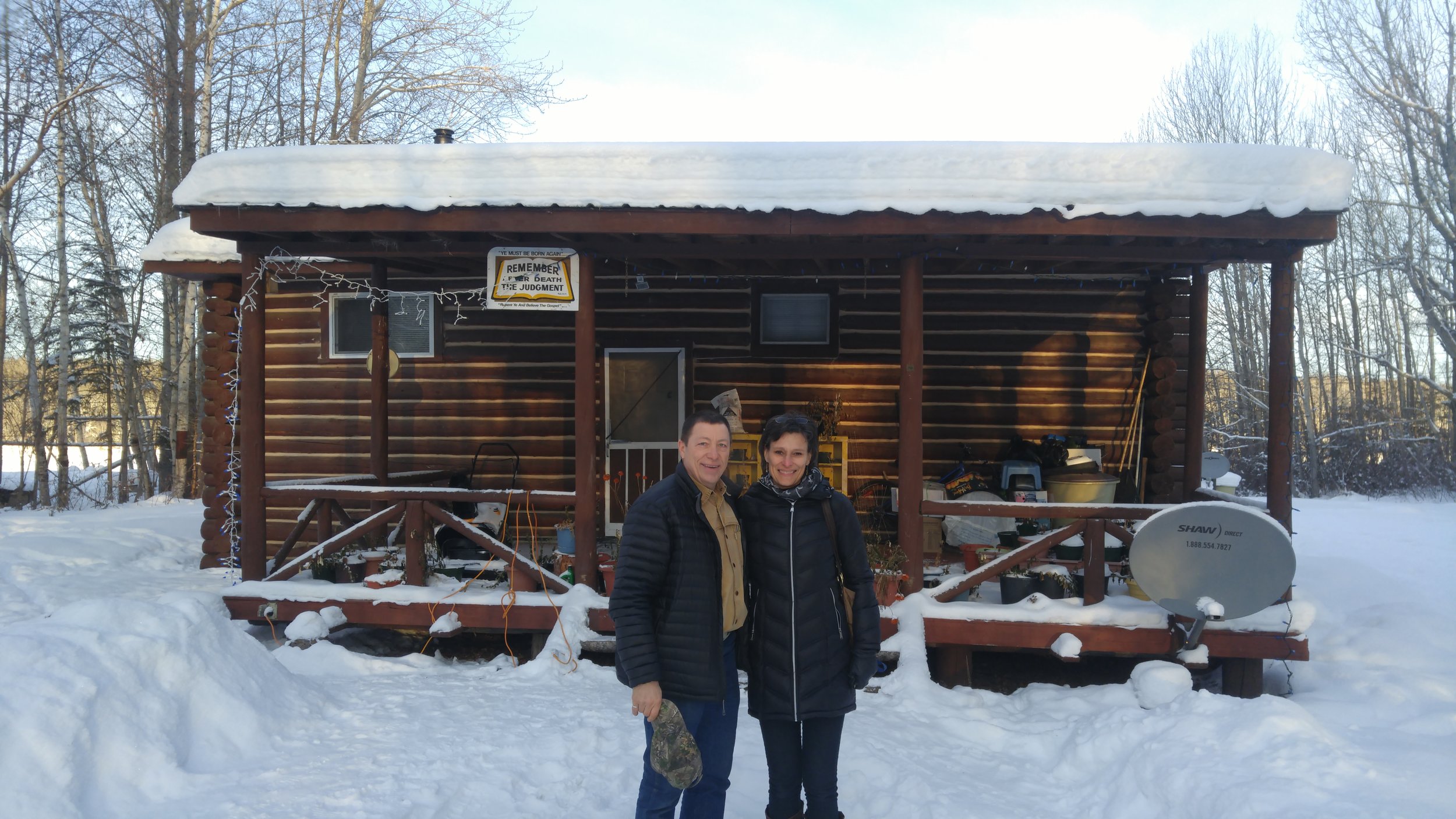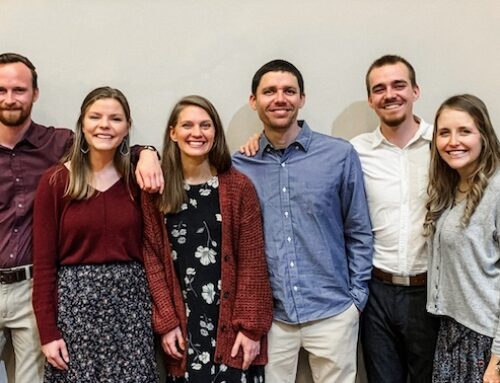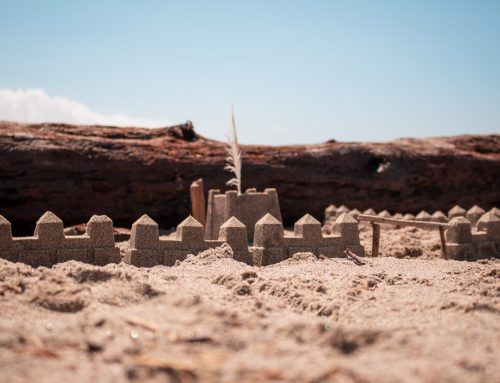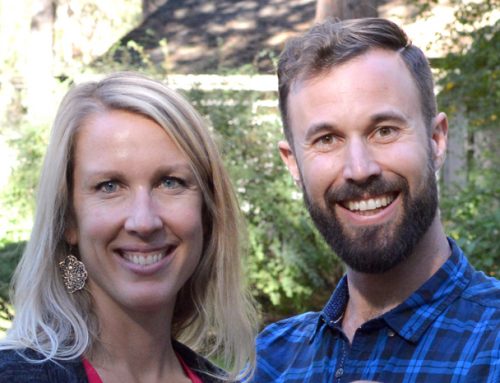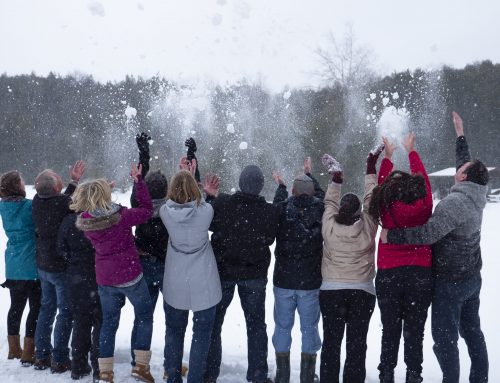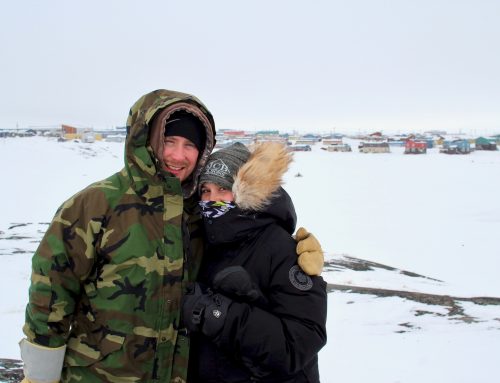It was the middle of the night when we heard someone pounding on our door. It was not just a knock — it was frantic pounding. “Open up, open up! Let us in, let us in!”
We had lived a few years in this remote First Nations community by now and had seen our share of people’s hardships and crises. In response, we had a room set up in our basement with fresh sheets on the bed for unexpected guests.
I opened the door as quickly as I could. In rushed a mother with four of her young children, accompanied by about a 100 mosquitoes.
“Please hide us!” our neighbour lady pleaded. “Bob (name changed) is after us! He went to get his rifle from the boat. He wants to shoot Frankie (name changed), and I don’t know where Frankie is!”
My wife, Ulli, was up by now and helped to settle her down. I told the ladies to stay behind the logs of our cabin, not in front of the picture window. That far north, it was light enough to see even at night. I did not want them to get shot.
I phoned the RCMP to report that Bob, who was reportedly partially drunk, was out there with a high calibre rifle looking to shoot his eldest son. Bob had been incarcerated for murder before. When the RCMP officer showed up I took him to a small trail behind our house. From between the bushes we saw Bob coming up the steep river bank, carrying his rifle.
“Drop your weapon. You are under arrest!” the officer called out. Bob cussed at him, turned around and ran down the bank, started the boat and was gone.
We went looking for Frankie. After an hour we found him, thankfully unharmed. We took him to our house, to the great relief of his mother. After a while everyone settled down for the night.
When Ulli and I got up in the morning, we made sure to be quiet so as not to wake up our guests who had had such a rough night. After waiting a long time, with breakfast on the table, we went to find them, only to realize they had vacated our home some time during the night.
What we found was the bed caked in mud from the dirty rubber boots the youngsters had been wearing. Ulli was understandably upset. “How ignorant of them, not even to take off their muddy boots when they climb into our clean white sheets, when we are trying so hard to help them!”
Right then the real tragedy of these little lives hit me, and I responded, “You know, actually we are the ignorant ones. We do not understand. They’ve learned to be little survivors. They were just prepared in case they had to get up and leave again in a mad dash, running for their lives during the night. Leaving their boots on would give them a real time advantage.”
In Ulli’s upbringing this scenario would have been inconceivable. Her father was a kind, caring, godly man. It all depends on your worldview lens, doesn’t it? One of the greatest tragedies among First Nations peoples is fatherlessness. Many fathers are completely absent. Many more are absent while present, and there is much abuse.
Only the Gospel of Christ can change this. These people need to learn that their heavenly Father welcomes them with open arms. He wants to change them. To teach this is one of the goals of Indigenous Ministries.

